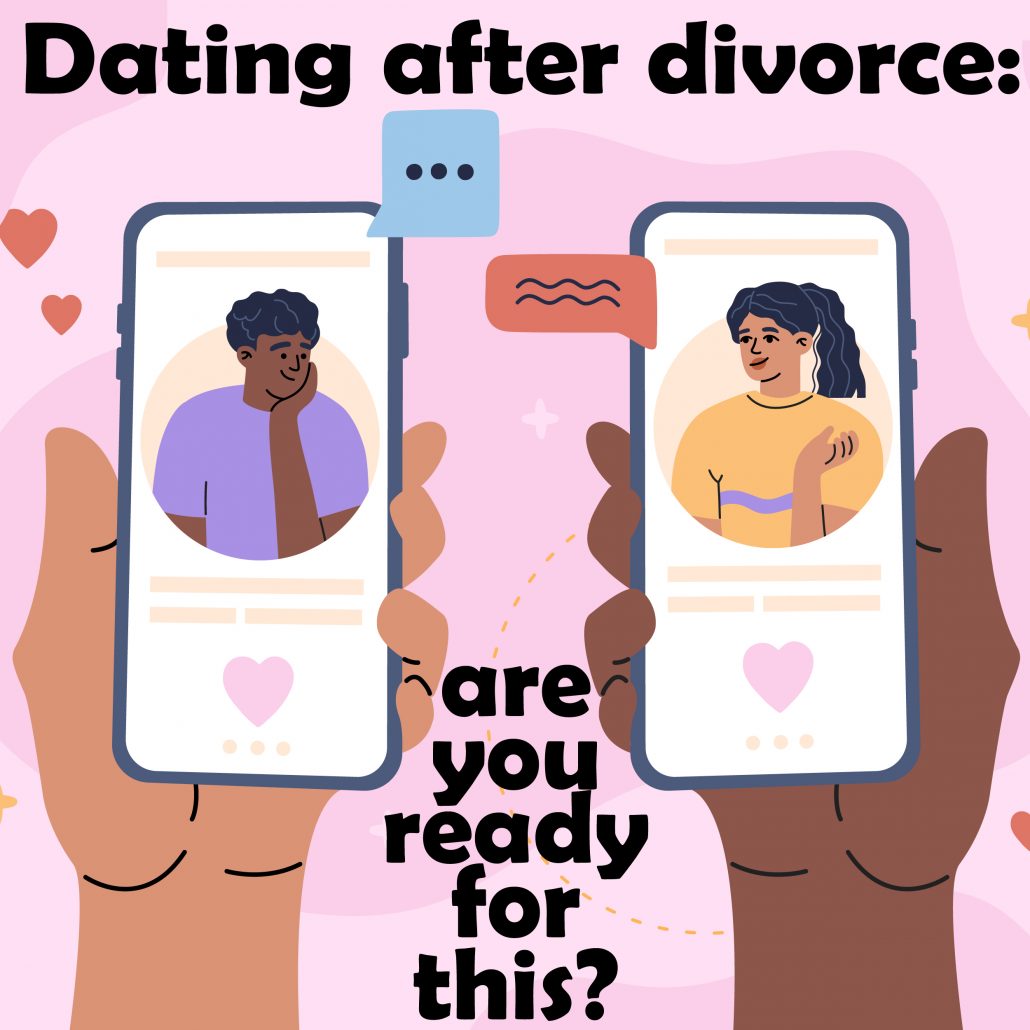3 things you should do before telling your partner it’s over
Zelena van der Leeden, MC, CDC® and Jake W. Purdy, PMP, CDC® are the Co-founders of Divorce Management, the first multi-lingual divorce coaching firm in North America. Divorce Management operates on a “pay what you can” model offering certified Divorce Coaching and Divorce Transition and Recovery Coaching. Further details can be found on their website.
Staying in an unhappy relationship is quite common when there is abuse or when children are involved. Guilt and shame are tough feelings to shake-off when you feel like you are breaking up your family. Overcoming the fear of leaving your partner is a process that can take years. Many couples try to work things out, while others choose to end the relationship as quickly as possible.
If you made the decision to leave your partner, you should educate and prepare yourself for the journey ahead. These tips might help you start your separation journey in peace:
1. Get organized
Understanding your options when it comes to an official separation or divorce can save you a lot of time and money. Divorce proceedings can be extremely time consuming (and ridiculously expensive), so doing a bit of research ahead of time, will help you choose the right option. As much as you will need a lawyer at some point, meeting with a certified divorce and separation coach first is advisable. Divorce coaching is an alternative dispute resolution method recognized by the American Bar Association. It is a goal-oriented process that focuses on your needs and wants while promoting drama-free separations.
A coach can help you choose the right approach according to your priorities and budget. They can offer resources and connect you with the right professionals: lawyer, mediator, financial advisor, therapist, broker etc. You will need to gather personal and financial information and choose a path between collaboration/mediation and litigation.
2. Choose the right time
Timing is very important when it comes to setting the tone of your separation process. Unless you need to escape an abusive relationship, finding the right moment to talk to your partner about the relationship might help bring closure to that chapter of your lives. Couples therapy can help your partner understand where you are coming from and offer a new perspective. Some relationships thrive after counseling, others realize that it is time to part ways.
If you are certain about ending your relationship, and if you feel safe doing so, try talking to your partner when you are both calm and alone. If you can express yourself better in writing, a letter might be a good idea (not a text!). Many people wait until the new year because they feel bad “ruining the holidays”; some wait until the end of the school year; others do one last family vacation. It is never easy to tell someone you want out, so try to find the time that suits you and your family best.
3. Practice Compassion
The transition process that takes us from “happily together” to “happily apart” can last up to 3 years for some people. Usually, the initiator has been thinking about separation for some time before pulling the plug on the relationship. The one dropping the initiating the break-up has likely thought about their exit strategy and has probably already talked to a friend, relative, therapist or lawyer about their separation. The initiator is usually more mentally-prepared for the road ahead.
If you want out of your relationship and your partner has no clue, work on your emotional intelligence and communication skills (coaches are great for this too). Understand your partner might do things to “get back at you” because they are in pain. You can’t control how others react, but you can help ease the blow by being gentle in the way you deliver this message. You might not feel the same as the other person, but you have probably experienced sadness and anger before. Being compassionate will go a long way when it’s time to sit down and negotiate parenting schedules, living arrangements and financial support. Even if you are leaving because you were hurt or betrayed by your partner, you might seek comfort in knowing that they have been hurting for a long time and they have not learned how to heal old wounds and childhood traumas.
As much as your safety and happiness must come first, being kind and working on your emotional intelligence will make the process a little bit less painful for everyone involved.
Written by: Zelena van der Leeden, co-founder of Divorce Management
© Divorce Management 2024


